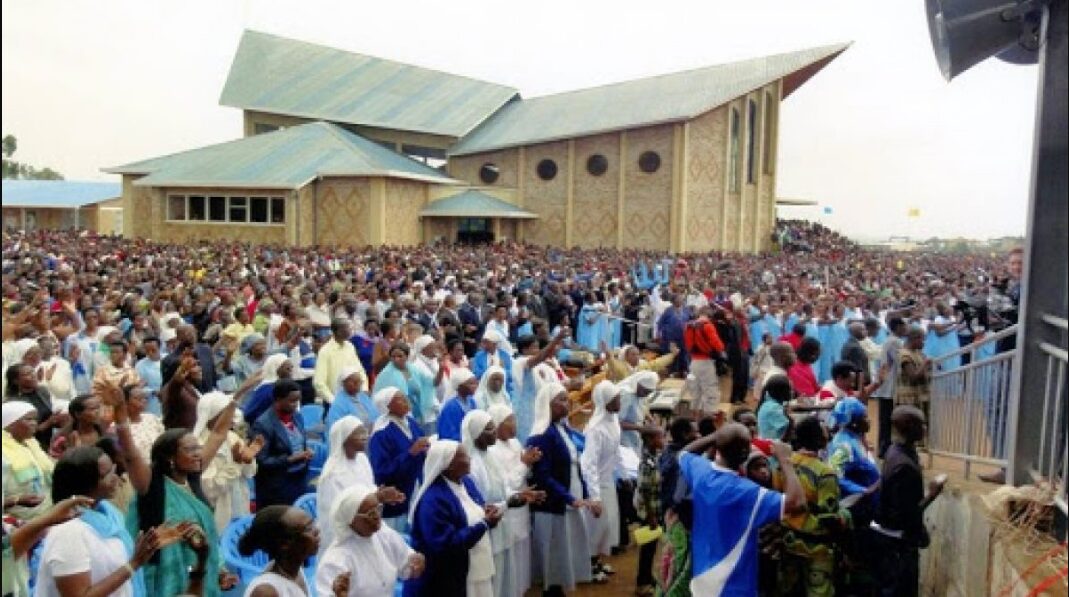A celebration weekend honoring the redemption road, particularly the death and resurrection of the man they hold to be their Lord and Savior, Jesus Christ, has begun for 100,000 Christians in Rwanda as of Thursday.
The dates line up with the Last Supper, also known as Holy Thursday, when it is said that Jesus ate his last meal with his twelve disciples; Holy Friday, when he was crucified and endured all forms of evil persecution before dying on the cross; and Holy Saturday, a Christian religious celebration that marks the conclusion of the Lenten season. The celebration honors the last day of Christ’s life, which many Christians believe to be his triumphant entry into hell or “to the dead.”
Easter is celebrated on Sunday, which is the culmination of the weekend and represents Jesus’s triumph over death.
Both Easter and Holy Friday are national holidays in the country, meaning that everyone employed in the official sector is granted a day off.
The constitution states that Rwanda is a secular republic, and a secular republic is by definition one in which religion and state are kept apart. Above all, it refers to eschewing the theocratic trappings in all of their forms.
This may give the impression to some that Rwanda disregards believers and their actions, but that perspective could mislead an audience until other sections of the constitution are implemented.
According to the constitution, the State shall protect the right to freedom of thought, conscience, religion, and public expression in conformity with the law.
Keeping this in mind, Rwandan churches organize a diverse array of celebrations, including those marked by the national calendar (such as the two previously mentioned ones), Christmas, Assumption, Eid al-Fitr, Eid al-Adha, and several more.
The nation considers certain occasions to be so significant that they even warrant a second day off.
This is the situation with Boxing Day, which falls one day after Christmas, and Easter Monday, which occurs after Easter.
There are a few other occasions in between that have grown in popularity and are revered by people of many different faiths. These could include All Saints’ Day, Pentecost, Palm Sunday, Ashes Day, and the Feast of the Blessed Sacrament.
40 days of prayer and fasting—Ramadhan for Muslims and Lent for Roman Catholics—have grown in significance in Rwandan culture.
Until recently, when a referee did so at Nyamirambo Regional Stadium, it was uncommon for a referee to halt a football game so that Muslim players may break their fast. It is universally acknowledged that the gesture is significant and typical in a culture that upholds religious freedom.
A few entirely indigenous celebrations, such as the Healing Service (Ruhango “Kwa Yezu Nyirimpuhwe”) and the Anniversary of the Kibeho Apparitions, have even begun to draw pilgrims from abroad.
![]()

